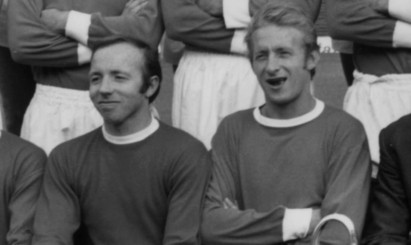
If this old tradition is to be resumed, Scotland and England need to turn on the style.
The oldest international in the world resumes at Wembley on Wednesday after a hiatus of 14 years. From 1873 the Auld Enemy clashed every year.
Only two World Wars intervened until crowd trouble embarrassed both associations so much this annual highlight for so many fans was suspended.
Since 1989 there have only been three encounters, all European Championship ties. Although crowd trouble is under control again, quite simply this game has now fallen out of fashion.
So if this most famous of fixtures is to be resumed, England and Scotland really have to turn on the style this week.
It’s a huge responsibility for the players of both teams. However, producing an old-fashioned thriller appears to be the only answer to making this encounter an even semi-permanent occasion again.
With both sets of players refreshed after their summer break, there is no reason why this shouldn’t be a game to be remembered.
Officially it’s billed as a friendly to mark the 150th anniversary of the English FA. However, there has never been such a thing as an England v Scotland friendly.
That old English warhorse Nobby Stiles once told me of his utter astonishment when making his international debut against Scotland at Wembley in 1965.
Nobby was extremely close to Scotland striker Denis Law as Manchester United colleagues, so he was looking forward to the occasion.
However, as the teams came up the old tunnel behind the goal at Wembley, Law ignored Stiles. He refused to acknowledge his Old Trafford team-mate, and instead looked right through Stiles as if they were complete strangers.
“That’s when I realised an England v Scotland match was different from all others and meant so much to so many people,” Stiles said many years later.
That fixture was the start of Alf Ramsey’s successful team-building for the World Cup Finals which were staged in England the following year.
The hosts raced to an early two-goal lead but Scotland fought back to earn a draw with goals from Law and Ian St John.
A repeat of that thrilling encounter this week will go a long way to having this historic occasion reinstated.
That’s the pressure the players of Roy Hodgson and Gordon Strachan are under.
Let’s hope they rise to the occasion.

Enjoy the convenience of having The Sunday Post delivered as a digital ePaper straight to your smartphone, tablet or computer.
Subscribe for only £5.49 a month and enjoy all the benefits of the printed paper as a digital replica.
Subscribe